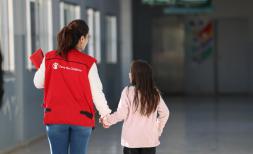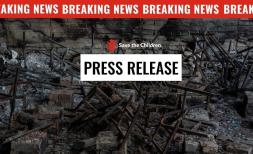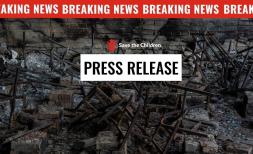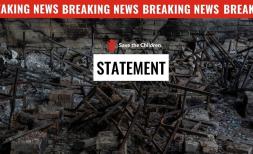COVID-19 complicates response to unprecedented South Asia monsoons, warns Save the Children
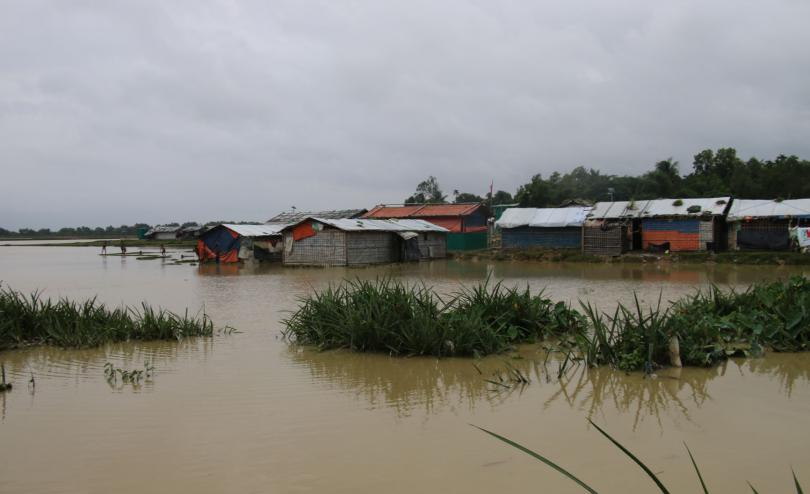
Millions of children and their families across India, Nepal and Bangladesh are experiencing one of the most devastating monsoon rains in years, with hundreds of thousands left homeless and hundreds of lives lost. In India alone, crops covering an area more than seven times the size of Greater London have been destroyed, and more than 2,000 villages are under water.
Anindit Roy Chowdhury, Policy Director, Save the Children India, said: "Access to services is our biggest concern at this time, as we confront the unprecedented challenge of COVID-19. We have worked with children and communities to build their resilience to floods and other extreme weather, but nothing could have prepared us for the complexity of the situation we are facing right now. Millions of people including many children have been left homeless, forced to sleep outside or with relatives and friends, unable to follow social distancing guidelines. Our teams are assessing how to plan support to the government's relief efforts."
Sanjeeb Kumar Shakya, Senior Humanitarian Manager, Save the Children Nepal, said: “The ongoing flooding and landslides have claimed the lives of dozens of people in just two weeks, making it one of the most disastrous monsoons over the past decade. Years of environmental degradation and land erosion have meant more dangerous and deadly landslides. The COVID-19 crisis is complicating relief efforts, with women and children the most vulnerable, as they struggle to access health services or protection from domestic abuse during nationwide lockdowns”
Mostak Hussain, Humanitarian Director, Save the Children in Bangladesh, said: “A third of Bangladesh is under water in what has been the worst monsoon season in at least a decade. We’re getting reports of entire communities being cut off. Our biggest fears for children is that many could drown or be swept away by overflowing rivers. Snake bites are also a serious concern.
“Extreme weather events are becoming much more frequent. The declaration of a climate emergency by the Bangladesh parliament in November last year demonstrated welcome awareness and leadership on this issue, but much more needs to be done to ensure the most vulnerable communities are resilient enough to cope with climate-related shocks.”
To support Save the Children’s global COVID-19 emergency appeal, click here.
We have spokespeople available in India, Bangladesh and Nepal. Feel free to reach out to:
Bhanu.Bhatnagar@savethechildren.org / +44 7467 09 67 88
Out-of-hours: Media@savethechildren.org.uk / +44 7831 650 409
